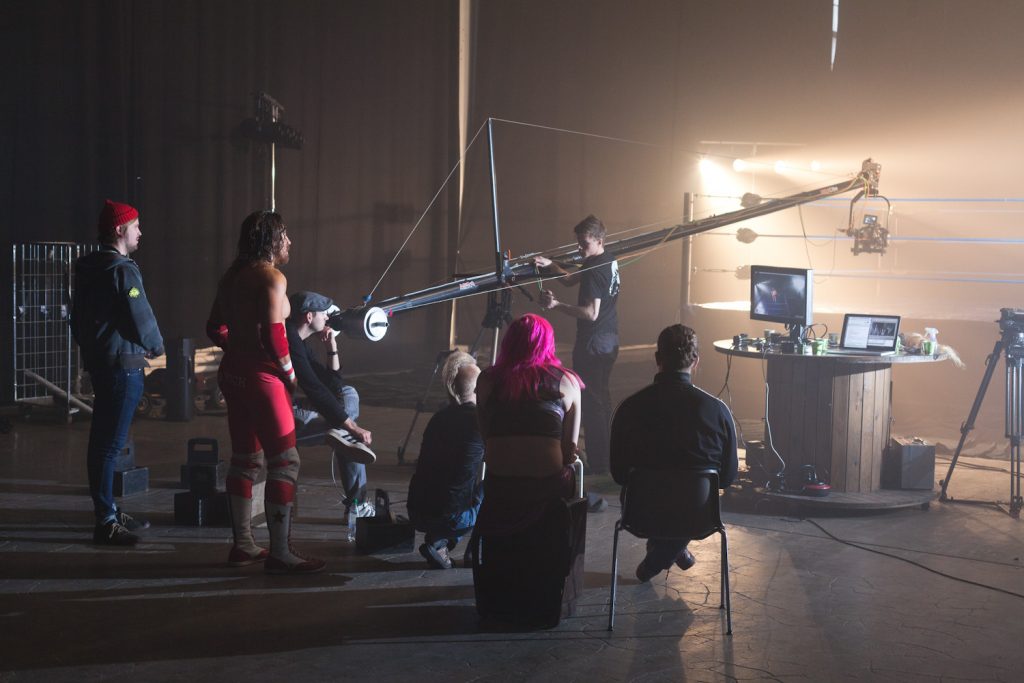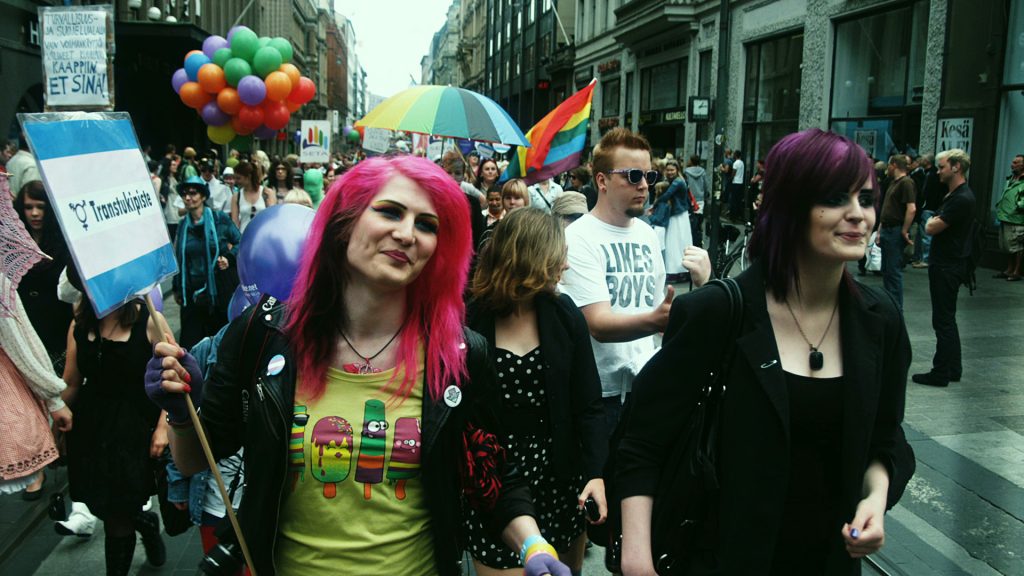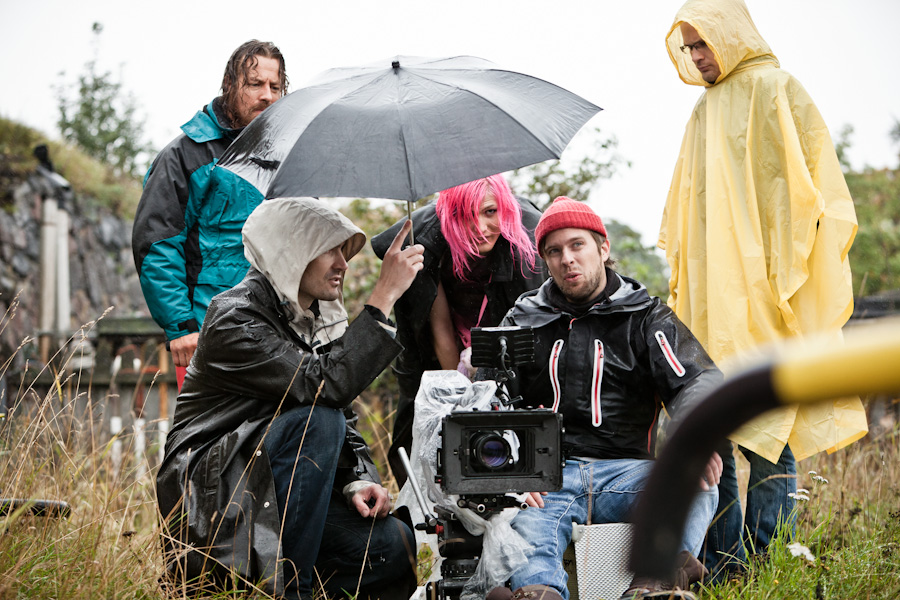Jessica Love on entering the world of wrestling
Lauren Wissot: So when did you first start wrestling – and how did you come to get involved in Fight Club Finland?
Jessica Love: I was involved with wrestling from a young age – from PS1 wrestling games. And then Finnish TV started to air Smackdown in 2000, and that was coolest thing I had ever seen! So I wanted to be a part of that somehow, and pretty soon I found Fight Club Finland (the only wrestling promotion in Finland).
Live wrestling had made a huge impact on me, and I wanted to be a part of that more than anything. When I was 17 I found myself in an FCF training hall in real wrestling tryouts. I survived – and in 2008 I started doing wrestling.
LW: According to your Facebook page you’re the only transgender wrestler in the Nordic countries – and perhaps the only one in Europe. Are you in touch with other transgender wrestlers in the rest of the world, though?
JL: Yes. I have traded some messages with fellow transgender wrestlers, but mostly they are from the USA or Mexico so it’s hard to get in touch with them!

Jessica Love on gender and sexuality
LW: Do you see yourself as an athlete first and a genderqueer pioneer second? (Vice-versa? Both?)
JL: I see myself as an entertainer. I’m not quite yet the athlete that I want to be. (laughs) But in life there are ups and downs, so sometimes you can’t be in the shape that you want to be in. But I have time! Also, I see myself as a transgender woman, not genderqueer.
LW: I’ve actually always viewed my MTF transgender friends who are attracted to women as basically butch dykes. So when I watched that scene in the film where you’re walking in a pride parade hand-in-hand with another girl, something clicked. It was like, “Well, that makes sense she’s a wrestler. She’s butch!” (Honestly, up until that point I ignorantly assumed you were attracted solely to men – which left me confused as to why a femme chick would be drawn to the masculine world of the Fight Club.) Any thoughts as to how your gender and sexuality has affected your choice of profession?
JL: That’s just wrong in any terms – you can’t make that kind of judgment just by looking at someone! I don’t identify myself as “butch.” If I have to choose between femme and butch I’m more femme. But I won’t identify myself as any of those – I’m just myself.
And I don’t identify myself as lesbian or bisexual either. My sexual identity is more, like, pansexual. I like the person, not the gender.
My sex life doesn’t affect my hobbies or career choices – or anything else. Also, my gender doesn’t put any limitations on my lifestyle. I just do the things I like to do!
So, in short, no – my gender and sexuality don’t affect my choice of profession.
LW: Point well said – and well taken! In the film you receive strong praise from a WWE rep scouting talent. Yet you’re also subject to homophobic taunts (albeit countered by your very vocal fans) during matches both at home and abroad. Wrestling — at least in the States — has come a long way from the days of one-note caricatures such as “Gorgeous” George and Adrian Adonis. The WWE even includes performers active and retired that have proudly come out. Do you find that the wrestling audience is sometimes less progressive than the institution itself?
JL: Hmm. I don’t know. I have just heard that I’m “too extreme” for WWE, so I think they are not ready for me yet. (laughs) And I’m not ready for them yet!

Photos courtesy Oskari Pastila.

